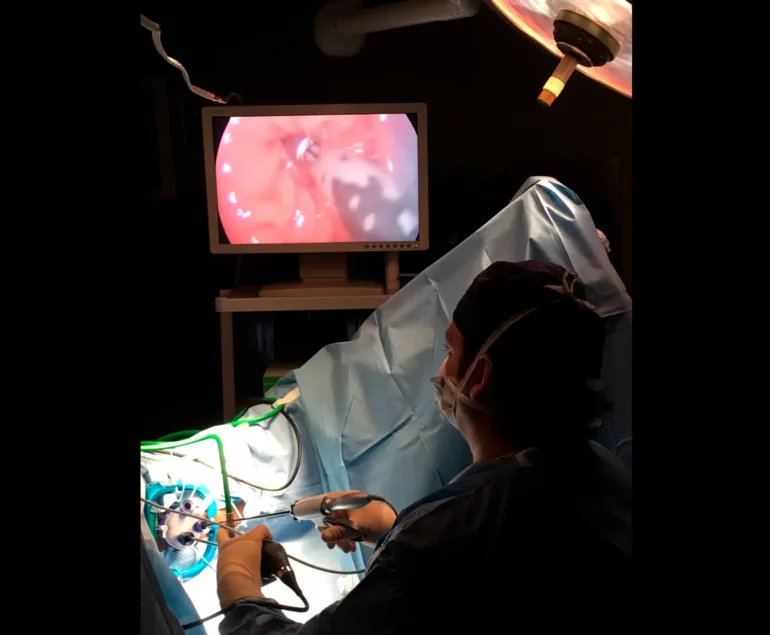Diphtheria-associated renal injury
Diphtheria is a potentially serious disease caused by the exotoxin of the bacterium Corynebacterium diphtheriae, which causes the death of different cell types locally and systemically. The bacterial toxin, responsible for diphtheria morbidity and mortality, can generate obstructive pseudomembranes in the upper respiratory tract (diphtheritic laryngitis) or cause damage to the heart muscle and other tissues. These pseudomembranes can extend into the nasal and laryngeal cavity, obstructing the airways. Contamination of skin lesions can lead to cutaneous diphtheria, which can affect mucous membranes that do not belong to the respiratory tract. Skin and mucosal lesions are important sources of infection and can generate what is known as systemic diphtheria.
The exotoxin or diphtheria toxin is distributed from the site of infection throughout the body. The passage of the toxin into the circulation is facilitated when the larynx and tonsils are completely covered by diphtheritic membranes. The tissues most frequently affected by exotoxin action are myocardial, nervous and renal. In the myocardium it causes injury and swelling of the mitochondria with glycogen depletion and accumulation of lipid vesicles in the injured myofibrils, followed by infiltration by mononuclear cells, fatty degeneration, edema and interstitial fibrosis. The exotoxin injures the myelin sheath of sensory and predominantly motor fibers of peripheral nerves. In some cases, hepatic necrosis and also adrenal hemorrhage have been described. As for the kidney, the most frequent lesion has been acute tubular necrosis (renal lesion characterized by acute damage to tubular cells and alteration of their function , which may be associated with renal failure). Therefore, the management of this pathology should be multidisciplinary, in order to avoid the severe complications described. It is always prudent to have a preventive nephrological consultation upon diagnosis of diphtheria.
Nephrology and Internal Medicine. Renal and renal-pancreatic transplantation.
Improvement in Glomerulopathies.





